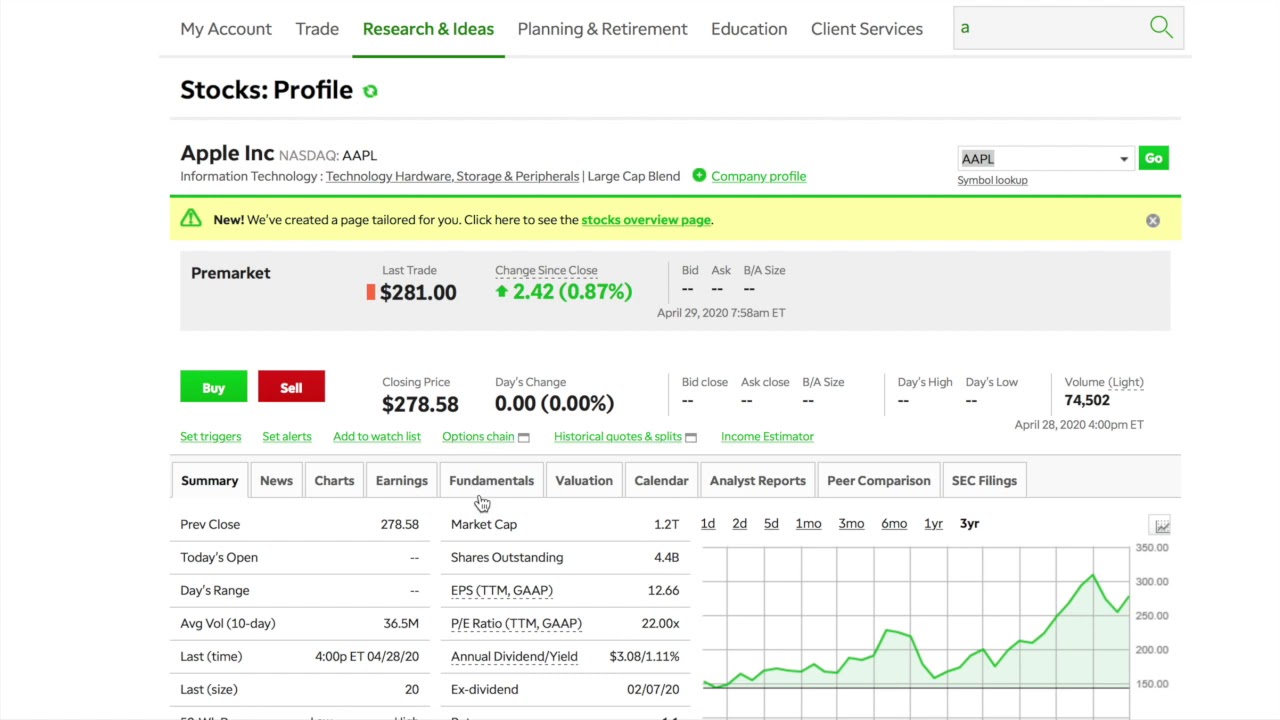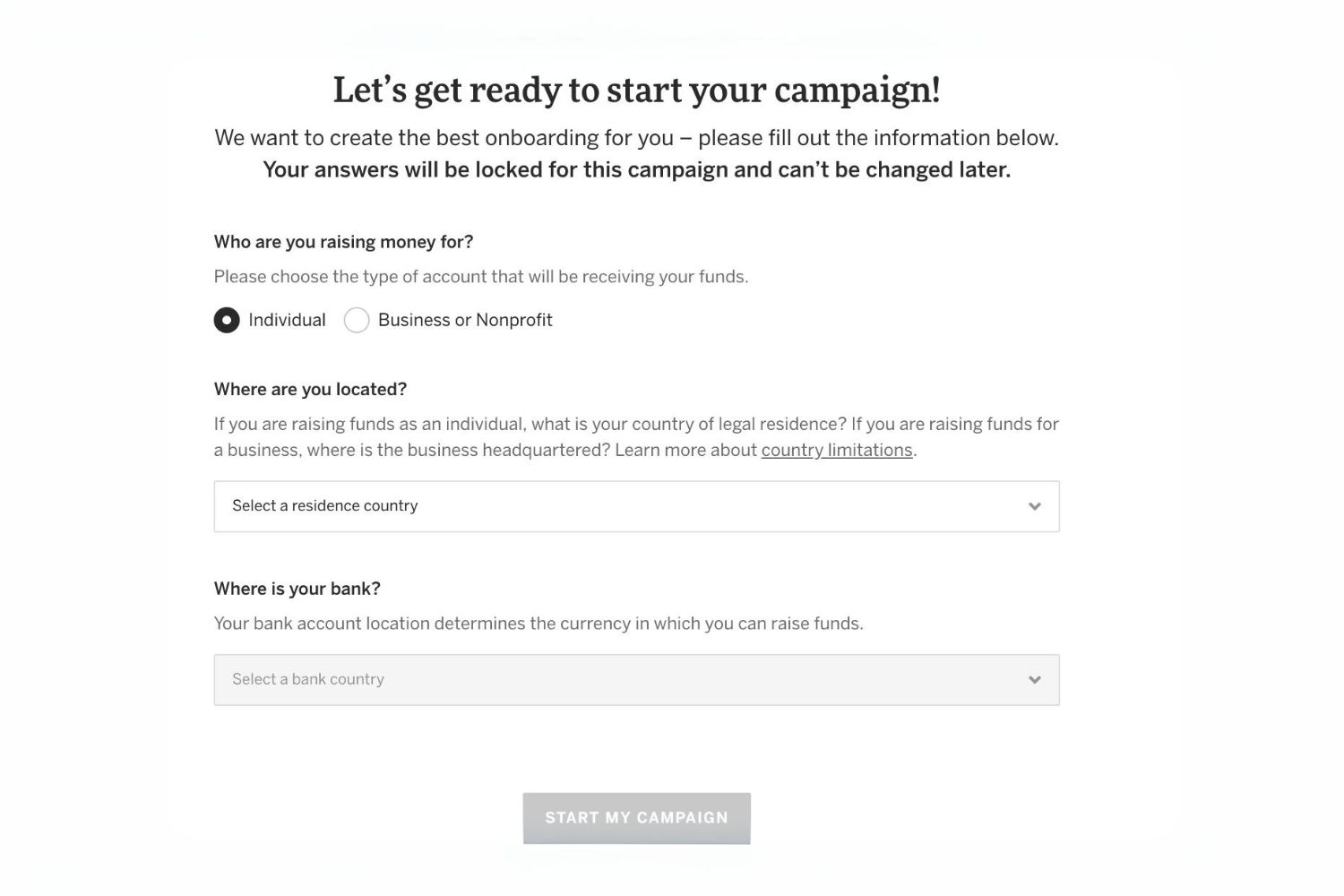Introduction
Receiving a rejection email after applying for a job or opportunity can be disheartening. It’s natural to feel disappointed or discouraged when you’ve put time and effort into the application process. However, it’s important to remember that rejection is a normal part of life, and how you respond to it can make a difference in your future success.
While receiving a rejection email may not be the desired outcome, it’s important to approach it with a positive mindset. Instead of dwelling on the rejection, use it as an opportunity for growth and learning. This article will guide you on how to respond to a rejection email in a professional and constructive manner.
Throughout this article, we will explore various strategies and tips for effectively responding to rejection emails. We will discuss understanding the rejection email, processing your emotions, avoiding taking it personally, responding professionally, expressing gratitude, asking for feedback, seeking alternative opportunities, reflecting on your application, and maintaining professional relationships.
By following these guidelines, you can turn a rejection into an opportunity for personal and professional development. Keep in mind that every rejection is a stepping stone towards future success. Your ability to handle rejection with grace and professionalism will not only help you grow but also demonstrate your resilience and determination to potential future employers or opportunities.
Understanding the Rejection Email
When you receive a rejection email, it’s essential to take the time to thoroughly understand its content. While it may be tempting to skim through or immediately dismiss it, a rejection email often contains valuable information that can benefit you professionally.
Start by reading the email carefully, paying attention to the reasons provided for the rejection. Understanding the specific factors that led to the decision can provide insights into areas of improvement or new strategies to consider for future applications. Look for any feedback or constructive criticism that can help you strengthen your skills or qualifications.
Consider the tone of the rejection email. Is it personalized or generic? Personalized emails often indicate that the employer or organization took the time to review your application thoroughly. Generic emails, on the other hand, are usually automated responses and may not provide detailed feedback. Regardless of the tone, remember not to take it personally – the decision is typically based on factors beyond your control.
Additionally, pay attention to any next steps or alternative opportunities mentioned in the rejection email. Some organizations may suggest applying for other positions or keeping an eye out for future openings. Take note of these opportunities as they can lead to alternative paths that align with your career goals.
Finally, keep in mind that a rejection email may not always provide all the information you seek. If you have specific questions or would like more detailed feedback, it’s appropriate to reach out to the employer or hiring manager for further clarification. However, do so in a respectful and professional manner, acknowledging their time and decision while expressing your genuine interest in understanding how to improve for future opportunities.
Understanding the rejection email and its content is crucial in navigating your response and moving forward with a positive mindset. Instead of dwelling on the rejection itself, focus on extracting the valuable insights it provides to help propel you towards future success.
Take the Time to Process Your Emotions
Receiving a rejection email can trigger a range of emotions, from disappointment and frustration to self-doubt. It’s important to acknowledge and process these emotions before responding to the email. Taking the time to do so will not only help you maintain professionalism but also allow you to approach the situation with a clear and rational mindset.
First and foremost, give yourself permission to feel the emotions that arise. Allow yourself to be disappointed, but don’t dwell on the rejection. It’s natural to invest time and effort into the application process and to feel a sense of setback when the outcome is not what you had hoped for.
Take the opportunity to reflect on your emotions and identify any negative thought patterns. Understand that rejection is a part of life and often has little to do with your worth or abilities. Recognize that it is not personal, but rather a mismatch between your skills and qualifications and what the organization is looking for at the given time.
Find healthy ways to cope with your emotions. Take a break from the job search or application process if needed. Engage in activities that bring you joy and help you relax. Surround yourself with supportive friends and family who can offer encouragement and perspective. Taking care of your mental and emotional well-being is paramount during this time.
Reflect on past experiences of resilience and perseverance. Remind yourself of times when you faced challenges or setbacks and overcame them. Draw strength and inspiration from those experiences to help you maintain a positive mindset and a sense of determination.
Remember that a rejection email does not define you or your worth. It is merely one aspect of your journey towards finding the right opportunity. By taking the time to process your emotions, you can approach the situation in a calm and composed manner, allowing you to respond professionally and thoughtfully.
Avoid Taking It Personally
When faced with a rejection email, it’s crucial to remind yourself not to take it personally. It’s easy to internalize the rejection and question your abilities or worth. However, it’s important to remember that a rejection is typically based on factors beyond your control and does not define your value as a professional or individual.
Understand that the decision to reject your application is often the result of a competitive selection process. Employers receive numerous applications and have specific criteria they are looking for. Sometimes, the decision is made based on qualifications or skills that other candidates possess or align better with the organization’s needs. It’s important not to compare yourself to others or view the rejection as a reflection of your abilities.
Separate your self-worth from the outcomes of your job applications. Your value as an individual is not determined by a single rejection. Remember that rejection is a normal part of life, and even the most successful individuals have faced rejection on their path to success.
Focus on the effort and dedication you put into your application rather than dwelling on the outcome. Recognize that rejection is not a reflection of your worth as a person, but rather a mismatch between your qualifications and the organization’s specific requirements and preferences.
Instead of taking the rejection personally, shift your perspective and see it as an opportunity for growth and learning. Use the rejection as motivation to improve your skills, qualifications, or application strategy. Embrace the mindset that each rejection brings you one step closer to finding the right opportunity that aligns with your goals and aspirations.
Surround yourself with positive and supportive individuals who can provide perspective and encouragement. Seek out networking opportunities or mentors who can offer guidance and support as you navigate through the job search process. Engage in activities that boost your self-esteem and remind you of your strengths and talents.
Remember, a rejection email is not a reflection of your character or abilities. By avoiding taking it personally, you can maintain a positive mindset and approach future opportunities with confidence and resilience.
Responding Professionally
When crafting a response to a rejection email, it’s essential to maintain a professional tone and approach. Your response not only reflects your professionalism but also leaves a lasting impression with the employer or organization. Here are some key considerations to keep in mind when responding:
1. Take your time: Avoid rushing to respond immediately after receiving the rejection email. Take the time to process your emotions and draft a thoughtful and well-crafted response.
2. Express gratitude: Begin your response by expressing gratitude for the opportunity to apply and be considered for the position or opportunity. Thank the employer or organization for their time and consideration.
3. Stay positive: Maintain a positive tone throughout your response. Avoid expressing any bitterness or disappointment. Instead, focus on the lessons learned and the growth you have gained through the application process.
4. Seek feedback: If the rejection email does not provide specific feedback, politely ask for constructive criticism or insights to help you improve for future opportunities. This demonstrates your proactive approach to professional growth and development.
5. Maintain professionalism: Keep your response concise, clear, and professional. Avoid using emotional language or expressing frustration. Maintain courteous and respectful language throughout your communication.
6. Offer to stay connected: Express your interest in staying connected with the employer or organization for any future opportunities that may arise. This shows your continued enthusiasm and professionalism.
7. Proofread your email: Before sending your response, carefully proofread it to ensure that it is free from grammatical or spelling errors. A well-written and error-free email adds to your professional image.
Remember, responding professionally to a rejection email demonstrates your maturity, resilience, and ability to handle setbacks with grace. It leaves a positive impression with the employer or organization, which can be valuable in future interactions or opportunities that may arise.
Express Gratitude for the Opportunity
When responding to a rejection email, it’s important to begin by expressing genuine gratitude for the opportunity to apply and be considered for the position or opportunity. Showing appreciation not only reflects your professionalism but also leaves a positive impression with the employer or organization. Here are some tips on how to express gratitude effectively:
1. Start with a sincere thank you: Begin your response by expressing heartfelt gratitude for the chance to be considered. Thank the employer or organization for their time, effort, and the opportunity they provided you.
2. Mention specific aspects you appreciated: Highlight specific aspects of the application process or the organization that you found valuable or impressive. This demonstrates your attentiveness and genuine interest in the opportunity.
3. Emphasize what you gained: Express how the application process allowed you to learn and grow both personally and professionally. Highlight any new skills, insights, or knowledge you acquired as a result of the application process.
4. Acknowledge the competitiveness: Recognize the competitive nature of the selection process. Show understanding and appreciation for the tough decisions the employer or organization had to make in choosing the most qualified candidate.
5. Use a positive tone: Maintain a positive tone throughout your expression of gratitude. Avoid expressing disappointment or bitterness. Focus on the positive aspects of the experience and how it has contributed to your personal and professional development.
6. Keep it concise and genuine: Express gratitude in a concise manner, keeping the focus on sincerity. A short and genuine expression of gratitude can have a significant impact.
7. Convey a willingness to grow: Mention your interest in continually improving and growing professionally. Let the employer or organization know that you are committed to enhancing your skills and qualifications for future opportunities.
Remember, by expressing gratitude for the opportunity, you leave a positive impression and maintain a professional image. Even in the face of rejection, maintaining a gracious and appreciative attitude reflects your maturity and professionalism, which can open doors to future opportunities.
Ask for Feedback
When responding to a rejection email, it’s important to take the opportunity to ask for feedback. Constructive criticism and insights from the employer or organization can provide valuable information that can help you improve for future opportunities. Here are some tips on how to ask for feedback politely and professionally:
1. Express your appreciation: Begin by expressing your gratitude for the consideration and the time the employer or organization took to review your application. Thank them for their consideration and mention how much you valued the opportunity.
2. Show your commitment to growth: Explain your genuine interest in further developing your skills and qualifications. Emphasize your dedication to personal and professional growth, and how receiving feedback can contribute to your improvement.
3. Ask specific questions: Instead of a general request for feedback, ask specific questions related to your application or interview process. For example, you could inquire about the selection criteria, areas where you could improve, or any suggestions they may have for enhancing your qualifications.
4. Keep it professional and open-minded: Maintain a professional tone throughout your request for feedback. Avoid becoming defensive or argumentative if the feedback is not what you expected. Approach the conversation with an open-minded attitude and a genuine desire to learn and grow.
5. Offer alternative communication methods: Inquire if the employer or organization would be open to providing feedback through a phone call or a meeting. This allows for a more detailed and personalized conversation, which can often provide deeper insights and suggestions for improvement.
6. Respect their time and decision: Acknowledge that the employer or organization may be busy and may not have the capacity to provide detailed feedback. Express your understanding and willingness to accept their decision while also highlighting your commitment to continuous improvement.
Remember, asking for feedback shows your proactive approach to personal and professional development. It demonstrates your willingness to learn from the experience and grow as a candidate. Even if you don’t receive feedback or the response you hoped for, the act of asking shows your commitment to self-improvement, which can impress potential future employers or opportunities.
Seek Alternative Opportunities
Receiving a rejection email doesn’t mean the end of your job search or pursuit of opportunities. It’s important to remain proactive and seek alternative avenues to explore. Here are some strategies for finding alternative opportunities:
1. Expand your search: Broaden your search parameters and explore other industries, companies, or positions. Consider transferable skills that may be applicable to different roles or industries. Cast a wider net to increase your chances of finding suitable opportunities.
2. Network and connect: Networking is a powerful tool for uncovering hidden opportunities. Reach out to colleagues, friends, and professionals in your field to inquire about potential job openings or connections. Attend industry events or join professional groups to expand your network and gain access to new opportunities.
3. Utilize online resources: Leverage online job boards, career websites, and professional networking platforms to find alternative opportunities. Stay active on platforms like LinkedIn to connect with recruiters and potential employers. Set up job alerts and regularly check for new postings.
4. Consider freelancing or consulting: Explore the option of freelancing or consulting to gain experience and build your portfolio. This can provide valuable exposure to different industries and expand your professional network. Freelancing or consulting can also lead to long-term or full-time opportunities.
5. Investigate internships or volunteering: Internships or volunteer positions can offer valuable experience, networking opportunities, and exposure to different sectors. Consider internships or volunteer work in organizations related to your desired field to gain hands-on experience and expand your skill set.
6. Work on personal development: Use the time between applications to invest in your personal and professional development. Take online courses, attend workshops, or obtain certifications to enhance your skills and qualifications. Developing new skills can make you a more competitive candidate for future opportunities.
7. Seek support from career services: Reach out to career services at your educational institution, if applicable, or utilize career counseling services in your area. They can offer guidance, resume reviewing, interview preparation, and valuable insights on finding alternative opportunities.
Remember, seeking alternative opportunities requires persistence, flexibility, and an open mindset. Don’t be discouraged by a rejection, but rather use it as motivation to explore new paths and possibilities. By actively seeking alternative opportunities, you increase your chances of finding the right fit for your skills and aspirations.
Reflect on Your Application and Interview
After receiving a rejection email, it’s important to take the time to reflect on your application and interview process. Self-reflection can provide valuable insights and opportunities for growth as you move forward. Here are some steps to help you reflect on your application and interview:
1. Review your application materials: Go through your resume, cover letter, and any other documents you submitted during the application process. Evaluate the clarity, relevance, and effectiveness of the information provided. Consider if there are any areas that could be strengthened or improved upon for future applications.
2. Analyze your interview performance: Reflect on your interview experience and evaluate your performance. Consider how well you answered questions, your level of preparedness, and your overall demeanor during the interview. Identify any areas where you could have improved and think about how you can enhance your interviewing skills for future opportunities.
3. Assess your qualifications: Assess whether your qualifications and skills match the requirements of the position or opportunity you applied for. Consider if there are any gaps that need to be addressed, such as acquiring additional certifications or gaining relevant experience. Use this reflection as an opportunity to identify areas for growth and professional development.
4. Seek feedback: If possible, reach out to the employer or organization to request feedback on your application or interview. Constructive criticism and insights from the hiring team can provide valuable guidance for future applications. Remember to approach the conversation with an open mind and a willingness to learn.
5. Identify areas for improvement: Based on your reflection, identify specific areas for improvement. This might include enhancing your technical skills, improving your communication abilities, or acquiring industry-specific knowledge. Set goals and develop a plan to address these areas so that you can enhance your qualifications for future opportunities.
6. Celebrate your strengths: Take time to acknowledge and appreciate your strengths and accomplishments. Recognize the unique qualities and skills that make you a valuable candidate. Building on these strengths can help you stand out in future applications and interviews.
7. Learn from the experience: Use this reflection as a learning opportunity. Understand that rejection is a common part of any job search process and that it does not define your worth. Pinpoint the lessons you learned and apply them to your future job applications, interviews, and career development.
Reflecting on your application and interview experiences will enable you to grow both personally and professionally. It gives you the chance to refine and tailor your approach to future opportunities. Remember, self-reflection and continuous improvement are essential components of career growth and success.
Don’t Burn Bridges
Receiving a rejection email can be disappointing, but it’s crucial to handle the situation with professionalism and avoid burning bridges. Maintaining positive relationships with employers and organizations, even after rejection, can benefit you in the long run. Here’s why it’s important not to burn bridges:
1. Future opportunities: You never know when another opportunity may arise with the same employer or organization. It could be for a different role or when they have new openings. By leaving a positive impression and maintaining a professional relationship, you increase your chances of being considered for future opportunities.
2. Industry connections: The professional world is more interconnected than ever. Employers and organizations often share information and recommendations with one another. By maintaining a positive relationship, you enhance your reputation within the industry and increase the likelihood of receiving referrals or recommendations to other potential employers.
3. Networking potential: The rejection email can be an opportunity to extend your professional network. A respectful and gracious response can leave a positive impression on the employer or organization, leading to potential networking opportunities in the future. They may be willing to connect you with other professionals or provide advice and guidance as you continue your job search.
4. Professional reputation: Your professional reputation is crucial throughout your career. Acting professionally, even in the face of rejection, demonstrates your ability to handle setbacks with grace and professionalism. Employers and organizations may hold you in higher regard for your professionalism and view you as a candidate worth considering in the future.
5. Referrals and recommendations: Building a positive relationship, even after rejection, increases the chances of receiving referrals and recommendations. The employer or organization may be willing to vouch for your skills and qualifications to others in their network. This can significantly impact your chances of securing future employment opportunities.
Remember, the job market is dynamic, and situations can change. By handling rejection professionally and maintaining positive relationships, you keep doors open for potential opportunities, recommendations, and collaborations. Act with integrity and respect, and you’ll be setting yourself up for long-term success in your career.
Conclusion
Receiving a rejection email can be deflating, but it’s important to remember that a rejection is not a reflection of your worth or abilities. Instead of dwelling on the disappointment, approach it as an opportunity for growth and self-reflection. By following the strategies outlined in this article, you can respond to rejection emails with professionalism and resilience.
Take the time to process your emotions and avoid taking the rejection personally. Understand that the decision is often based on factors beyond your control. Express gratitude for the opportunity and ask for feedback to gain valuable insights for improvement. Seek alternative opportunities, network, and continuously develop your skills.
Reflect on your application and interview experience and identify areas for improvement. Embrace the mindset of growth and learning, and don’t burn bridges. Maintain a positive and professional demeanor, as it can open doors for future opportunities and industry connections.
In the face of rejection, it’s important to remain persistent, keep a positive mindset, and believe in your abilities. Each rejection brings you closer to finding the right opportunity that aligns with your goals and aspirations. Remember, success is not determined by the number of rejections you face, but by how you bounce back, learn from the experience, and keep moving forward with determination and resilience.

























